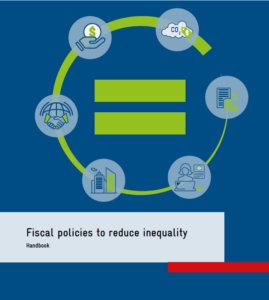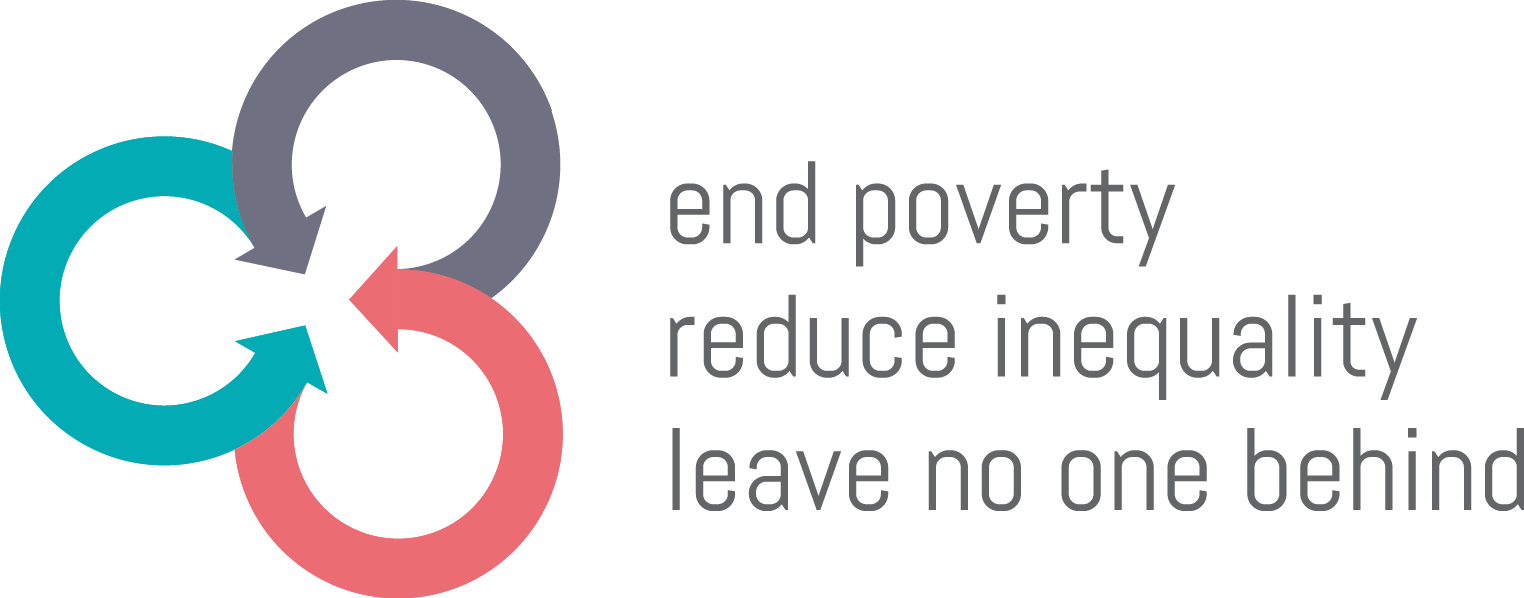 Inequality within and between states has reached a level that hinders economically, socially, and environmentally sustainable development. High and rising inequality manifests itself in different ways. It can negatively impact economic growth, threaten the realization of human rights, impede social cohesion, and undermine the functioning of democracies worldwide.
Inequality within and between states has reached a level that hinders economically, socially, and environmentally sustainable development. High and rising inequality manifests itself in different ways. It can negatively impact economic growth, threaten the realization of human rights, impede social cohesion, and undermine the functioning of democracies worldwide.
The COVID-19 pandemic has exacerbated inequality. The decline of the global economy, the loss of jobs and the lack of social protection as well as unequal access to health services and an uneven vaccination rollout act as accelerators of inequality. This not only translates into a widening gap in terms of income and wealth but can also lead to unequal access to basic social services, to unequal opportunities as well as to an increase in poverty.
One of the most powerful instruments available for governments to reduce poverty and inequality are taxes and transfers. Hence, fiscal policies can be particularly useful in reducing inequality of income and wealth. Tackling inequality needs to be high on the political agenda and actively dealt with, for example through fiscal policies, which are defined as governments’ use of revenue or expenditure.
This new three-part study “Fiscal policies to reduce inequality” focusses on the impact fiscal policies can have on inequality. It has been designed for project implementers, project designers and (policy-) advisors advocating for progressive taxation and inequality-reducing taxes and expenditures.
It analyses on the one hand different taxes, namely personal income taxes, corporate income taxes, digital service taxes, wealth taxes, property taxes, other further measures to effectively tax wealthy individuals and companies as well as consumption taxes and carbon pricing. On the other hand, it takes a deeper look into government expenditure like education and health spending and cash transfer programs. Specifically, it analyses their implications on the reduction of inequalities in a Handbook as the first component. The second component, the Analysis of German reform partner countries, examines fiscal policies in reform partner countries of the German development cooperation and identifies potentials for possible further action. The reform partner countries are Côte d’Ivoire, Ethiopia, Ghana, Morocco, Senegal, Togo and Tunisia. The third and final component, the policy brief, summarizes the main results of both components and highlights specific recommendations given in these. The components are interconnected and complement each other.
If you would like to take a closer look and read more, you can find the complete manual here.
If you are interested in the different components, download the Handbook here, the country analysis here and the policy brief here.
